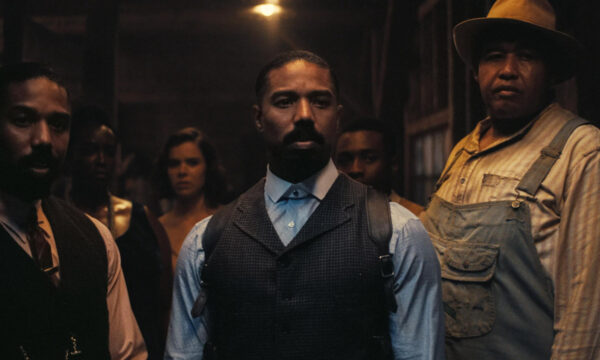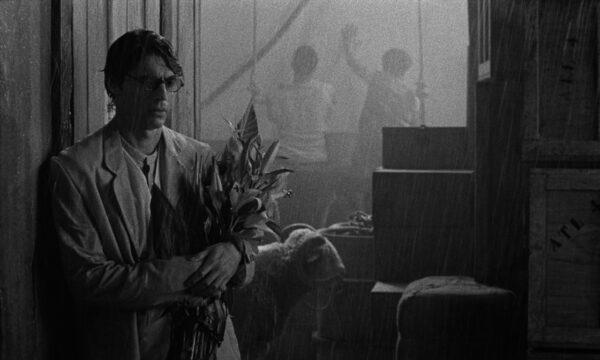Human Rights Watch Film Festival 2014: Scheherazade’s Diary

Filmed during a ten-month theatre therapy project in 2012, director Zeina Daccache’s Scheherazade’s Diary follows the lives of women inmates at Baaba Prison in Lebanon, where women who have been accused and await trial for the charges of adultery, drug abuse and the murder of their husbands. The film openly addresses issues of domestic abuse, child brides, forced marriages, traumatic upbringings and how the legal system fails to protect women in Lebanon. Through theatre therapy these women share their very person and touching stories, and in doing so, they expose the suppression of women in contemporary Lebanese society.
Director Zeina Daccache found inspiration to make this film and its predecessor Twelve Angry Lebanese after a visit to Volterra prison in Tuscany, where a theatre therapy project has been in place for the last 28 years. The 2006 Lebanon War left Daccache feeling like a prisoner in her own country, which also inspired the making of the project within prison walls. Post screening Scheherazade’s Diary in Lebanon, Daccache was approached by women who, prior to watching the film, had no clue of their legal rights or the infringement of the law on women in Lebanon. The film has helped to change the law, including a reduction in sentences for good behaviour, and acts not only to provide international awareness of the situation, but also educates Lebanese women of their rights.
The major issue in Lebanon is sectarianism but in prison this is left behind, you lose everything and everyone becomes equal. Through the theatre therapy project inmates are given the tools to educate themselves through creative release, a stark contrast to their previously enslaves lives with their abusive husbands, and this stripping of the ego is what makes them beautiful. Powerful and touching, the film is also uplifting as we discover how the project has transformed the lives of these women once they leave Baaba Prison. Most importantly the film gives a voice to women who have suffered abuse, addressing women’s rights on an international scale.
Nastassja Smart
Read more reviews from Human Rights Watch Film Festival 2014 here. For further information about the festival visit here.
Watch the trailer for Scheherazade’s Diary here:

























Facebook
Twitter
Instagram
YouTube
RSS